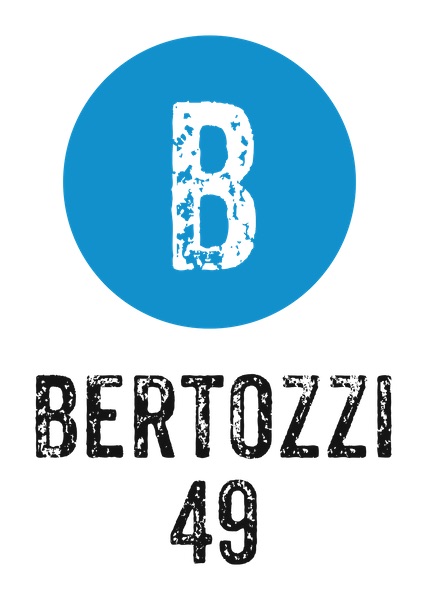I am going to talk about Metaverse, AR/VR, gaming experiences, and anything immersive because they are all used interchangeably. One of the loudest cries I hear from those adverse to the Metaverse, is that the Metaverse Does Not Exist, and all these other immersive experiences are not the Metaverse.
I’ve noticed that there are two groups of people who are really down on the Metaverse – those who are very wedded to the fact that regardless of everything that has changed in the media landscape, TV and Outdoor are the only answer, and Creative/Strategy types who I feel often resist these new areas because they are challenging to work within their roles. Clearly not all, but the ones who protest the loudest. It was the same with Audio and Digital in earlier days, and it feels the same with these new trends.
In the early 2000’s when digital advertisers took off, a big part of why it became so performance led was that not enough creative and strategic brain power was invested in it. It became all about clicks. When Google first launched in the UK, the marketing world did not know what to do with it. Later, when YouTube launched, many quarters just called it ‘cats on skateboards’. Creative agencies did not want to go near it. When Facebook launched, I remember being in a session in a room full of creative directors and strategists in the US, and collectively no one could work out what to do with it and so allowed independent and digital agencies to eat their lunch. History repeats.
There is a vast anti-Metaverse sentiment, and I get it. There are over promises, some bad actors, scale is not there, and it’s not really clear what the Metaverse really is. But importantly, we should embrace the road to innovation. From what we’ve seen with past trends, it will likely pivot and evolve to become something different from what we think it is today.
We all think the Metaverse will be consumed by wearing Oculus devices, but will it? If the Metaverse does not manifest as we have been told it will, does that make it wrong? In short, the answer is ‘no.’ I can imagine so many different ways we will be able to enjoy the benefits of another digital environment, so we have to give innovation some time. For now, it’s ok not to have an exact definition yet.
During my career, I have been in new and upcoming areas of media and advertising. I have been surrounded by people pushing back or making jokes about the topics, predicting the end of careers, businesses, whatever, so I have a stronger view today than ever. Every one of those people, some very important at the time, some very smart, and some in jobs meant to predict the future were wrong.
I observe those bashing the Metaverse today as a concept – most of whom were doing paper rounds when Google started or YouTube even. They have not experienced what it means to have something completely new come along and disrupt, as the Internet did, and therefore are quick to jump against it. TV and Outdoor are amazing, but they can’t be the only answers. Innovation takes time.
As far as advertisers are concerned, they are getting stuck. Even those who have done things well are being told ‘that’s not the Metaverse’ if it’s in Roblox for example. Well, maybe it is, perhaps it isn’t. Regardless, it’s a step in that direction, and it’s important to experiment. So I congratulate every advertiser who experiments and learns now. They will be stronger than ever, and those naysayers saying stick to TV and make some lovely TV ads are on the wrong side of history in my mind and won’t reach any young people. Brands who experiment will win in the end.
The Metaverse is just a name for a concept made up of different ingredients – like AR or VR or Roblox or Fortnite or Decentraland or whatever. What we are seeing right now is that those ingredients may taste a little off as they may not have been put together perfectly yet. But one day they will, and those who have created and tested these experiences will be better off for them. So I would love to see all the creative communities of advertising, whatever role, take a positive view and make something unique.
